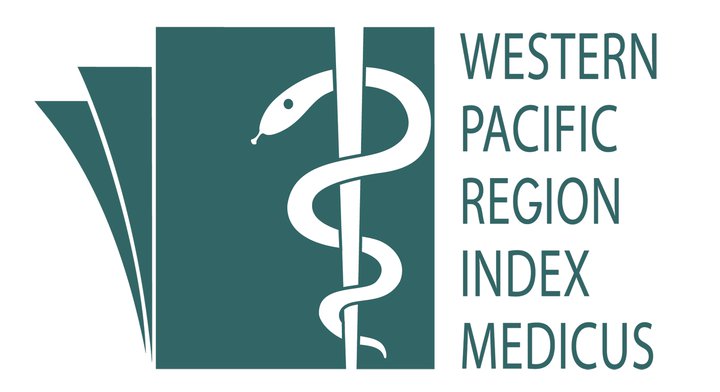Training is an Important Factor for Community Health Workers in Performing KOSPEN Health Screening Activities in Malaysia: Community Health Workers (KOSPEN) 2016
Abstract
Abstract
Introduction: Community health workers (CHW) or volunteers are health workers who are trained but do not possess a professional certificate. They are community members who live and work in that particular community. The Ministry of Health Malaysia had initiated a community-based intervention programme, Healthy Community Empowers the Nation or ‘Komuniti Sihat Pembina Negara’ (KOSPEN) in October 2013. In this programme, CHWs main task is to conduct non-communicable diseases (NCD) risk factor screening.
Methods: Data from the “Evaluation of the implementation of KOSPEN programme in Malaysia 2016†was used. It is a cross-sectional study which was carried out in randomly selected KOSPEN localities throughout Malaysia. Logistic regression analysis was applied to determine factors associated with not performing KOSPEN screening activities by the volunteers. Data analysis was performed using Statistical Package for Social Sciences (SPSS) version 20.
Results: A total of 700 volunteers were included in this study. Most of the volunteers were female (65.7%) and were aged 50-59 years (30.9%), followed by those aged 40-49 (27.1%). Majority had secondary education (65.3%), employed (55.7%.) and were married (80.4%). Multivariate logistic regression showed that volunteers who never attended training (aOR 2.79; 95% CI:1.66, 4.67) and who felt the content of the training module was inadequate (aOR 2.693; 95% CI: 1.46, 4.98) were more likely to not perform screening activities in the community.
Conclusion: Attendance of the training should be a pre-requisite to qualify as a volunteer. Improvement to the training module should done to increase comprehensibility of the modules among the volunteers.
Keywords: KOSPEN-community health workers-NCD screening-community-based intervention
Word count (249)
Published
How to Cite
Issue
Section
License
IJPHR applies the Creative Commons Attribution (CC BY) license to articles and other works we publish. If you submit your paper for publication by IJPHR, you agree to have the CC BY license applied to your work. Under this Open Access license, you as the author agree that anyone can reuse your article in whole or part for any purpose, for free, even for commercial purposes. Anyone may copy, distribute, or reuse the content as long as the author and original source are properly cited. This facilitates freedom in re-use and also ensures that IJPHR content can be mined without barriers for the needs of research.






